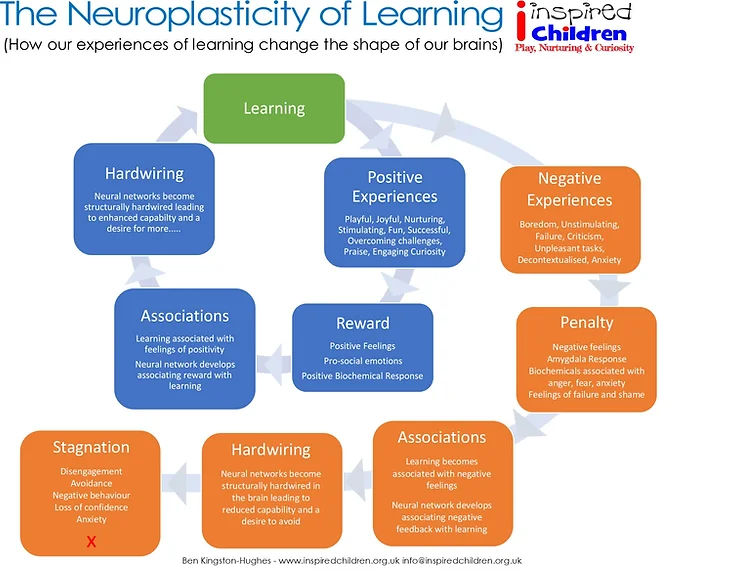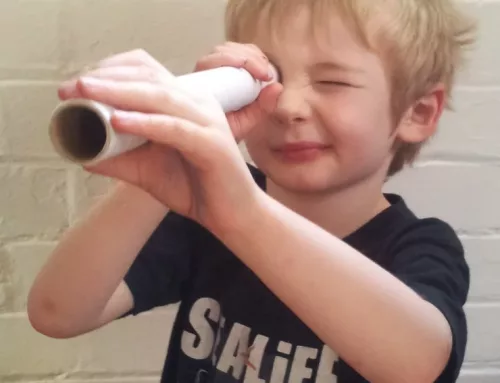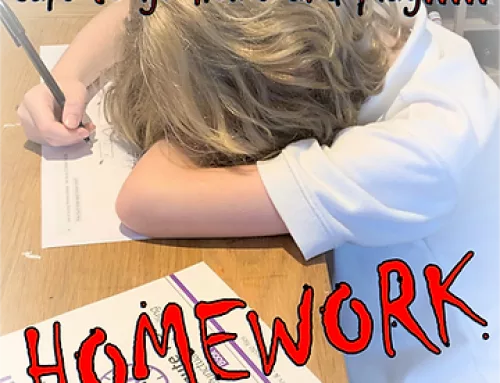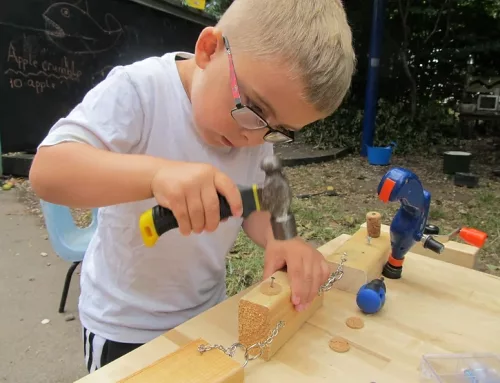I chose to study Geography at GCSE instead of History. Did I have a burning desire to learn about fiords? No, it was simply that my Geography teacher was marginally less boring than my History teacher.
Why is this relevant to working with children? What many people don’t realise is that when we repeatedly make negative associations with an aspect of learning we begin to create a neural network that over time becomes hardwired in our brains. This means that we will continue to experience the same negative emotions (stress, anxiety, apathy etc) whenever we encounter that aspect of learning. This is the opposite of a growth mindset and even the slightest encounter with the particular aspect of learning will automatically trigger the same feelings of failure, anxiety and stress causing a stagnation of learning and a desire to avoid further exposure.
Anyone with maths phobia will know this to be true. Maths phobia has nothing to do with intelligence or ability. It is simply a hardwired neural response associating feelings of anxiety and shame with maths. If you are maths phobic (and many people are) please never blame yourself. It has nothing at all to do with your ability and everything to do with the adults who gave you those negative experiences in the first place. These experiences change the fundamental structure of the brain.
So what is the answer? Play of course! When learning is playful, fun and stimulating we begin to associate those positive feelings (and biochemicals!) with the particular aspect of learning creating a neural network that becomes hardwired over time. The difference is that now when we encounter that element of learning we automatically experience positive feelings and a desire to learn more. The problem is that you can’t “re-wire” a brain overnight and it can take months of positive experiences to begin to overcome the negative.
As many of you know I am hard at work writing a book about Play due to be published next year. I have been messing around with a diagram to represent how playful learning can transform children’s mindsets. So here is the draft version – for all those who like diagrams (you weirdoes!)

*Footnote: My subsequent Geography teacher turned out to be a sadist and a bully so now I dislike both History and Geography!





Leave A Comment